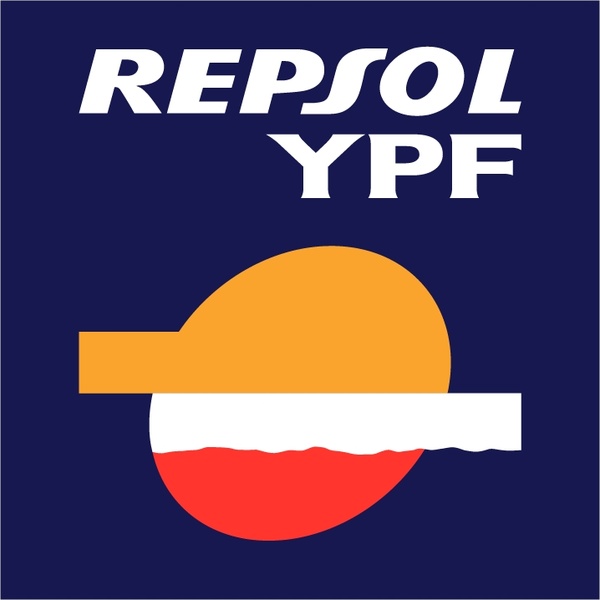 Investors often fear one outcome to their investments beyond any natural disasters or recessions, one that has characterised possible nightmare results of investing in Emerging Markets, that of a nationally supported expropriation. Latin America as a whole has often fought and suffered as a result of state expropriations of American and European companies over the last century, and laws on the expropriation of private companies by a state in international law were formed by conflicts that arose in Latin America. Argentinean President Kirchner returned investors to their worst dreams when she nationalised YPF last week, Argentina’s largest oil firm that was supported by Spanish giant Repsol. To go beyond the standard law on expropriations, Argentine officials claimed that no compensation would come to Repsol from its loss of investment.
Investors often fear one outcome to their investments beyond any natural disasters or recessions, one that has characterised possible nightmare results of investing in Emerging Markets, that of a nationally supported expropriation. Latin America as a whole has often fought and suffered as a result of state expropriations of American and European companies over the last century, and laws on the expropriation of private companies by a state in international law were formed by conflicts that arose in Latin America. Argentinean President Kirchner returned investors to their worst dreams when she nationalised YPF last week, Argentina’s largest oil firm that was supported by Spanish giant Repsol. To go beyond the standard law on expropriations, Argentine officials claimed that no compensation would come to Repsol from its loss of investment.
To respect the position of many Argentineans, debt from the 2001 economic collapse still lingers and for a country to claim economic independence, it must secure its oil reserves or be destined to be bullied by Europeans, or Americans or even the Chinese and lose control of its own national policies and national interest for small economic gains. Claims on the Falkland Islands comes from Latin America being independent for more than a century before the global decolonization post Second World War and the negative view from all developing nations when European powers still make any claims on colonial territories abroad. Argentina’s expropriation of YPF and Repsol’s shares in the company comes from Kirchner’s claim that Repsol’s management of YPF lead to an economic situation where production was inhibited to such a degree that Argentina needed to import fuel despite having the means to produce its own fuel demands locally. The Falkland issue also comes from British companies discovering oil reserves within the waters near the Islands. With the recent discovery of new reserves that would double its potential production and the fact that Argentina was one of the only countries in the region without a national oil company supporting the government, Argentina decided to wholly expropriate Repsol’s interest in YPF, and claims it can do so without compensation to the investor due to its actions against the country’s local economy. This oil revenue would cover many national debts and may pull Argentina out of its eternal debt crisis. With investments from China as a whole and other oil companies willing to invest in YPF’s future extractions, Cristina Kirchner took the gamble that might keep Argentine afloat for a generation. Now for the other side of the debate…
Investors do not like to habitually lose money, and if you wanted to assure them that every ten years they could lose their shirt, then you would do exactly what Kirchner did in expropriating YPF and confirming that no compensation would be given. While legally a country does have the right to expropriate a private company, it only becomes legal when the investor is compensated in a fair, just and reasonable manner with some added compensation for future prospects and potential future gains from their investment. This law is designed so that it costs the country not only its reputation for investors, but also makes it financially moot in that any immediate gains from an expropriation would have to be paid out in the event of an expropriation. This also assures investors that even if there is an expropriation that they would be fully compensated and not incur a loss that would destroy the company or investor if there were any issues. This should only be done if the national interest outweighs the property rights of the investor, and in the Argentine case national interest might claim a victory, but compensation, full compensation should be paid as Argentina’s reputation, investment climate and future prospects creates the impression that investment in Argentina leaves an investor with no rights or recourse except to apply the law on those competitors who benefit from Repsol’s loss. This is the general legal position in the event of an expropriation, but for an animated investor’s view please read here. It is likely the case that investor pressure and legal norms will catch up to Cristina Kirchner and this is the position the Spanish government seems to be taking, despite heated debate and legal actions that will be taken against YPF, Argentina and any potential future partners of YPF. It will be an interesting legal case indeed, likely to confirm a middle of the road law on expropriations that will benefit the US, EU and the BRICS.